Cardano (ADA) is a top 10 cryptocurrency project based on a proof-of-stake consensus algorithm. It’s designed as a smart contract platform for holding and transferring ownership of items. Examples include tokenizing academic documents, retail products, and even identity. Similar to Ethereum, developers can also build dApps on the platform.
If you’ve recently invested in Cardano, or are looking to do so soon, you’ll definitely want a secure wallet for storing ADA.
This post is here to help.
In this guide, we’re going to detail the absolute best Cardano wallets for securing your assets. But before we get into that, we’ll start off with some factors to keep an eye on when choosinga crypto wallet.
This Guide Contains:
- What to Look for in a Cardano Wallet
- Wallet Types
- Best Cardano Wallets for Secure ADA Storage
- Cardano wallets keep your ADA secure
- Frequently Asked Questions
What to Look for in a Cardano Wallet

When looking at Cardano, Bitcoin or Ethereum wallets, and any cryptocurrency wallet in general, consider the following:
a.) Ease of Use
The first thing to consider is how easy the wallet is to use. Do you have a hard time understanding what it’s trying to communicate, or is it easy to see? Are the buttons easy to access, and are their inputs simple? If it’s a digital wallet, can you easily see all the required information? Is it customizable and easy on the eyes?
These factors and more are all important to consider. If you’re going to use a cryptocurrency wallet, it’s vital to easily understand how it works. It’s not worth trying to figure it out.
b.) Security
What level of encryption does the wallet have? Many standard wallets have AES-256 level encryption to protect your private keys. On top of this, they generally support two-factor authentication (2FA) for extra log-in security as well.
All wallets should have those two basic security measures, among others. Those that can’t even support 2FA are not worth your time.
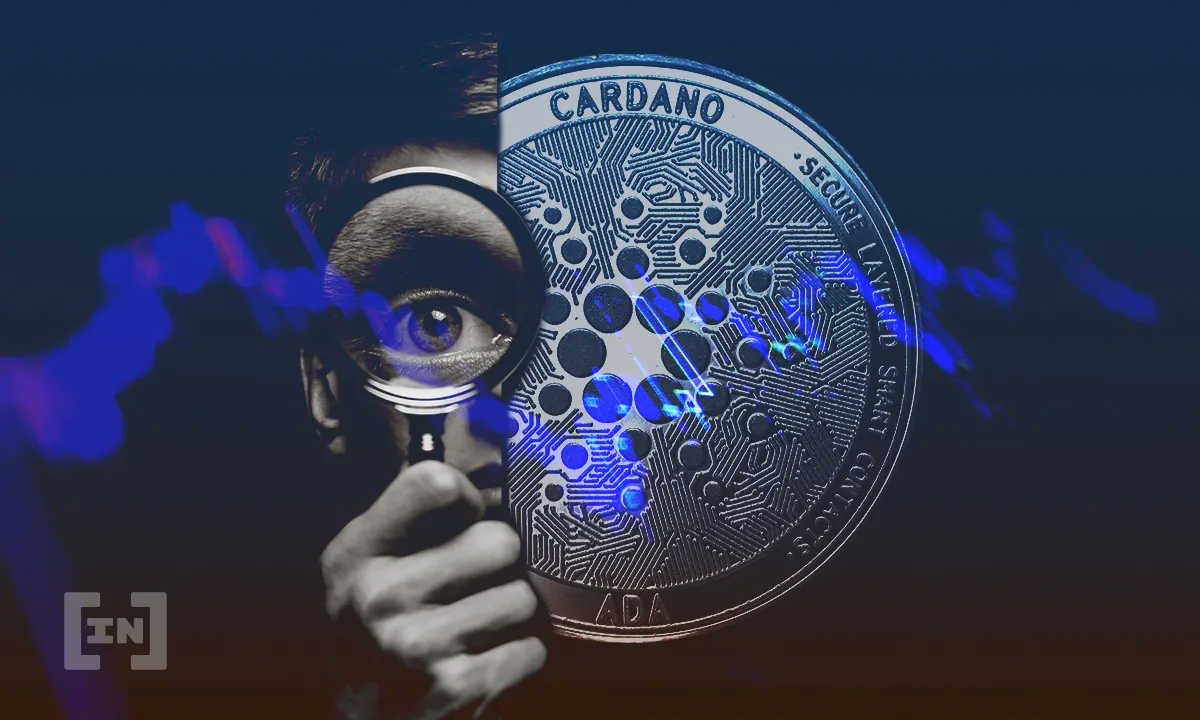
c.) Still in Development?
Is the team still actively working on the wallet? Keeping it up to date with new currencies and security measures? You must utilize a wallet that’s constantly being updated – not one that’s outdated. That’s putting your assets at a massive risk.
d.) Support Teams
Does the wallet have a reliable support team? While this might be difficult to personally check ahead of time, you can look on social media and read reviews to see what others have to say.
/Related
MORE ARTICLESBest Christmas Crypto Promotions in 2022
Top 10 Telegram Channels for Crypto Signals in 2022
9 Best Crypto Exchanges for Beginners
Copy Trading: A Definitive Guide for Beginners (2022)
What Is the Crypto Fear and Greed Index?
Top 7 Crypto Debit Cards in Europe
How To Make Money With Bitcoin in 2022: 9 Proven Methods
Web3 Jobs: How to Get a Job in Crypto Sector
Who Owns the Most Bitcoin in 2022?
Wallet Types
Aside from what to look for in a wallet, there are also five wallet types to consider while making a decision.
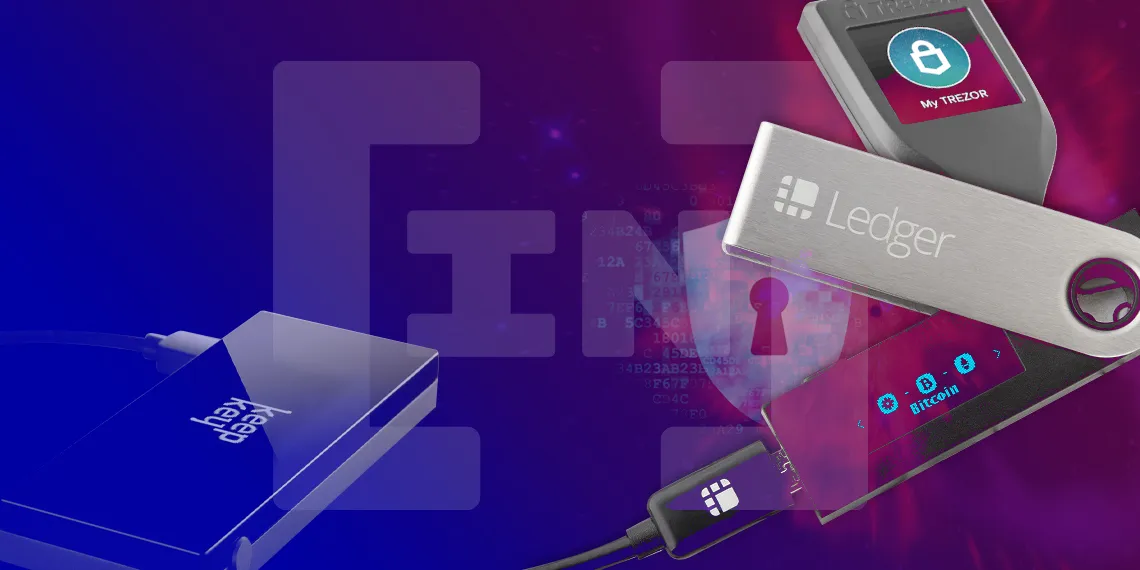
a.) Web Wallet
A web wallet is accessible via the internet. These are generally seen on exchanges, and serve as a place to store your assets and make them easily accessible.
However, web wallets are less safe than other types. After all, your assets are consistently exposed to the dangers of the web. Bad actors could break into a platform and gain access to them, especially if you’re storing on an unreliable wallet.
Web wallets are recommended for day traders alone. Big holders should keep most of their assets in another wallet.
b.) Mobile Wallet
Similar to web wallets, mobile wallets are almost always connected to the internet whenever your device is on.
These do have reason to exist, however. Mobile wallets make it easy for you to make quick transactions via your phone. They’re secure via PIN and a recovery phrase, as well.
That said, if your phone happens to be stolen, the thief will have access to your crypto assets. You can utilize the recovery phrase in time to get them back, but that risk is always there.
c.) Desktop Wallet
Desktop wallets are an interesting mix of security. They’re safer than web or mobile wallets but aren’t as safe as hardware wallets.
For one, a desktop wallet doesn’t leave your assets consistently connected to the internet. When your computer is off, the wallet is inaccessible to bad actors. That, and hackers generally target exchanges and other online-d.) focused wallets instead of desktop ones, meaning your assets are a little more safe in general.
d.) Hardware Wallet
Hardware wallets are entirely external devices that store your assets offline. To use one, you plug it into your computer or mobile device and put in a PIN number. That PIN must be input via a small screen on the device, making it hard for anyone to look over your shoulder.
When not in use, many investors store their hardware wallet in a safe at home, or somewhere else secure for good measure.
e.) Paper Wallet
Paper wallets are the ultimate form of security for your cryptocurrency, often coming in the form of a QR code. They’re generally printed from an offline computer, and stored somewhere secure for years at a time.
These assets are accessible via scanning the paper with your phone. However, it’s important to make sure this paper is never damaged. If it gets torn or otherwise ruined, your assets are lost unless you have a recovery key.
Many investors laminate their paper to keep it from tearing.
Best Cardano Wallets for Secure ADA Storage
Now that you’re aware of what to look for in a wallet, here is a list of the best Cardano wallets for secure ADA storage.
1. YouHodler
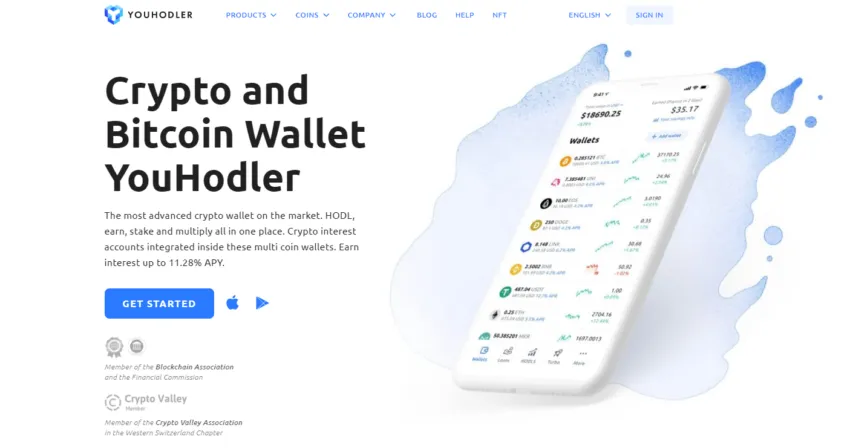
Switzerland-based YouHolder is an all-in-one crypto platform that gives customers multiple services in addition to a crypto wallet. The wallet can be accessed via desktop and mobile devices. The platform’s goal is to be a one-stop shop where customers can store their crypto and gain many benefits.
Users can buy over 50 assets on YouHodler, and of course, Cardano is one of those. The additional features include up to 10.7% APR on your crypto holdings, loans that have up to 90% loan-to-value, and the capacity to combine yield generational strategies.
The team also does not lock funds. Meaning, customers can withdraw their funds at any given moment. Customer support is available 24/7.
2. Daedalus Wallet

Daedalus Wallet is often the most recommended cryptocurrency wallet for storing your ADA.
This is largely due to the fact that it’s the “official” open-source wallet of the Cardano platform. If you’re browsing on the Cardano website, this is the wallet that’s listed to use.
This wallet is considered a Full Node wallet, meaning it downloads the entire Cardano blockchain for use. From there, it validates every single transaction in the blockchain’s history.
On top of this, thanks to the hierarchical deterministic wallet technology integrated into Daedalus, you can manage an unlimited amount of external wallets as well. This way, you can have multiple wallets for day trading, holding, and more.
Interestingly, the wallet also contains a newsfeed to keep up to date with all Cardano updates, as well as changes to the wallet itself. Daedalus is available on Windows, macOS, and Linux as well, so any operating system can take advantage of it.
3. Yoroi Wallet
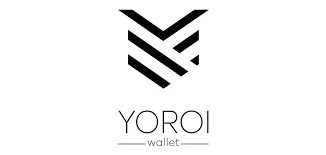
If you’re not interested in a full wallet, otherwise known as managing the entire Cardano blockchain, the Yoroi wallet is a great option for you.
Also recommended on Cardano’s official website, Yoroi doesn’t require you to download the network. Instead, you can simply start transacting as soon as you open the wallet.
This doesn’t mean the wallet isn’t secure, however. All of your private keys are completely encrypted, and aren’t even stored on the platform’s servers or even given to any third-parties. In fact, there aren’t even analytics stats, meaning they have no idea how you manage your currencies.
This isn’t to mention that it’s a streamlined wallet that even those who aren’t technologically inclined can take advantage of Yoroi.
Plus, Yoroi has an extensive roadmap for the future. They’re planning to support additional assets, release a dApp browser, and even support multi-signature transactions.
4. Ledger Nano S
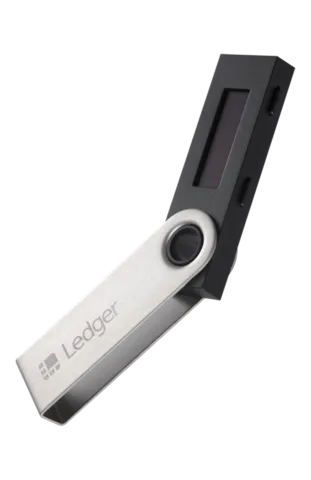 Source: Ledger
Source: Ledger
The Ledger Nano S is a hardware wallet, meaning your assets are kept completely safe in comparison to a web or online wallet. This is because the wallet is entirely untethered from the internet when not in use. Think of it as a USB drive that can store your assets.
Using the Ledger is simple. It comes with two buttons, and requires a PIN to enter. The wallet is only accessible in person, meaning bad actors have no way to break in online. Even when the wallet is connected to your computer, your private keys are kept encrypted and inaccessible.
When not in use, you can simply store the Ledger Nano S in a safe or somewhere else secure. It even comes with a 24-word recovery phrase in the off chance you do lose access to your wallet.
Note that due to the number of steps required to access your assets, this is a wallet recommended for long-time holders. Day traders should leave some of their assets in another wallet. If you ever want to invest in other cryptocurrencies, the Ledger can assist you there as well.
5. Trezor
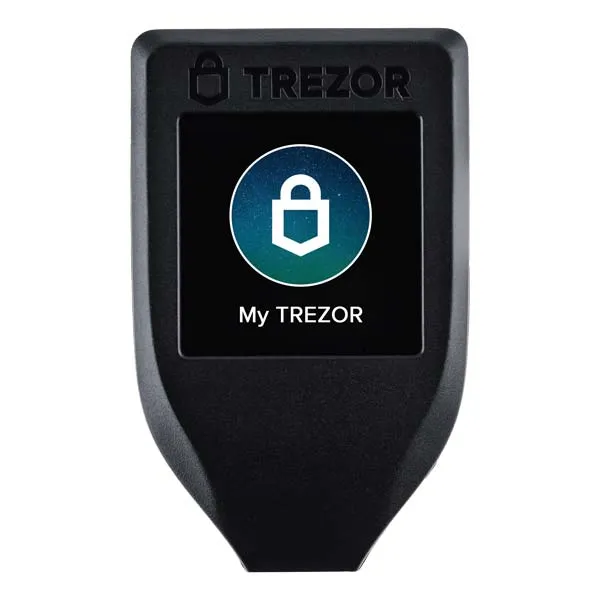 Source: Trezor.io
Source: Trezor.io
A competitor to Ledger, Trezor is the other popular hardware wallet for secure cryptocurrency storage. It’s was actually the first hardware wallet in existence, making this company a fairly reliable solution.
When plugging in your wallet, the Trezor requires a complex PIN number to prevent in-person theft. It’s a random number every single time you plug in the Trezor as well.
Similar to Ledger, if you somehow lose your assets, the wallet also provides a 24-word recovery phrase. Plus, it also supports a vast number of assets in case you want to branch out from ADA.
6. Adalite
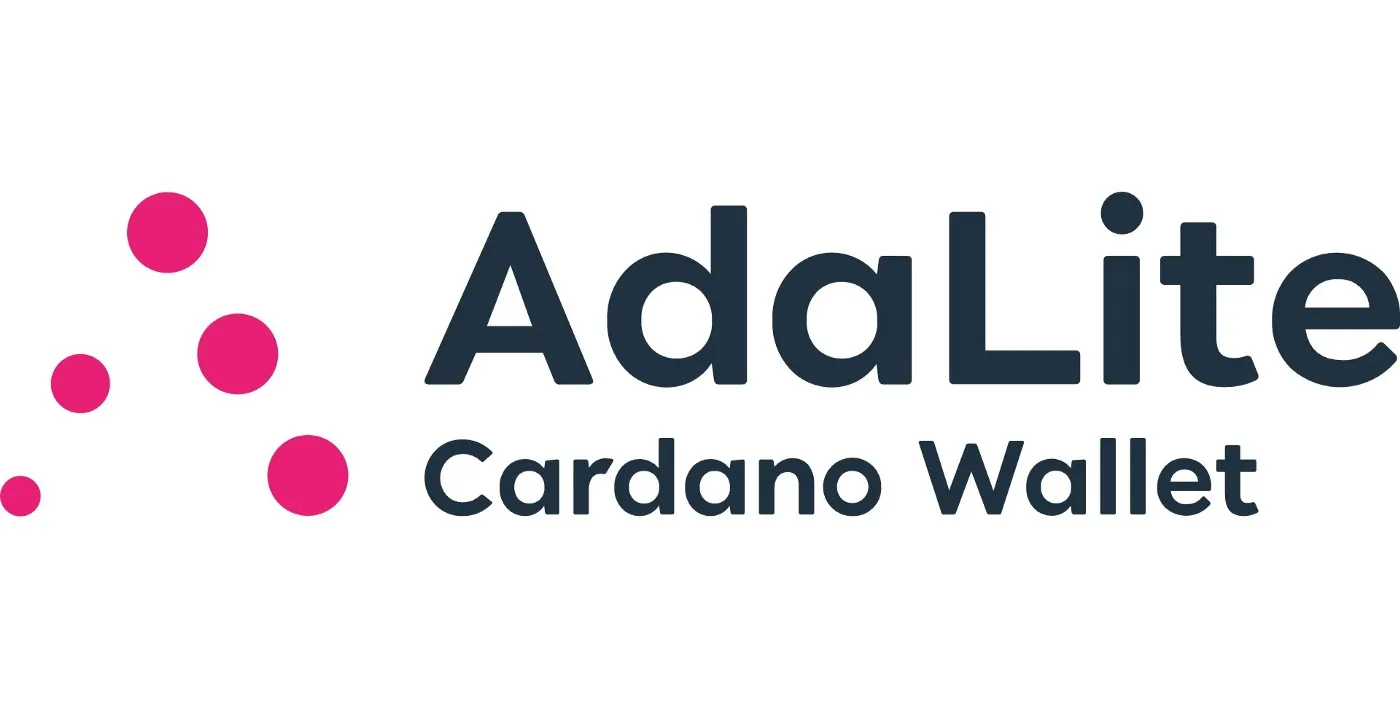
While Adalite isn’t recommended on the official website, it does have some official ties to the project. The team behind Adalite, Vacuumlabs, are partnered with Cardano, making it a reasonably safe choice for a wallet.
However, it’s worth noting that this is a web wallet, not a hardware or desktop wallet. This means your assets are constantly at risk, as they’re always connected to the internet.
Interestingly, you can access Adalite if you have a hardware wallet, though it’s also accessible via the wallet’s mnemonic phrase, or the official file stored on your computer.
If you choose the mnemonic option, you’ll have to enter it to unlock your wallet. Fortunately, this is relatively easy to do, assuming you store the phrase in a safe place. Adalite also supports staking your ADA, which enables you to earn interest on your staked assets.
Cardano wallets keep your ADA secure
Now you know the best Cardano wallets to keep your ADA secure. On top of that, you now understand cryptocurrency wallets in general and can get involved in the crypto space without issue. If you still haven’t bought Cardano, you can do so through any reputable and reliable cryptocurrency exchange like StormGain.





